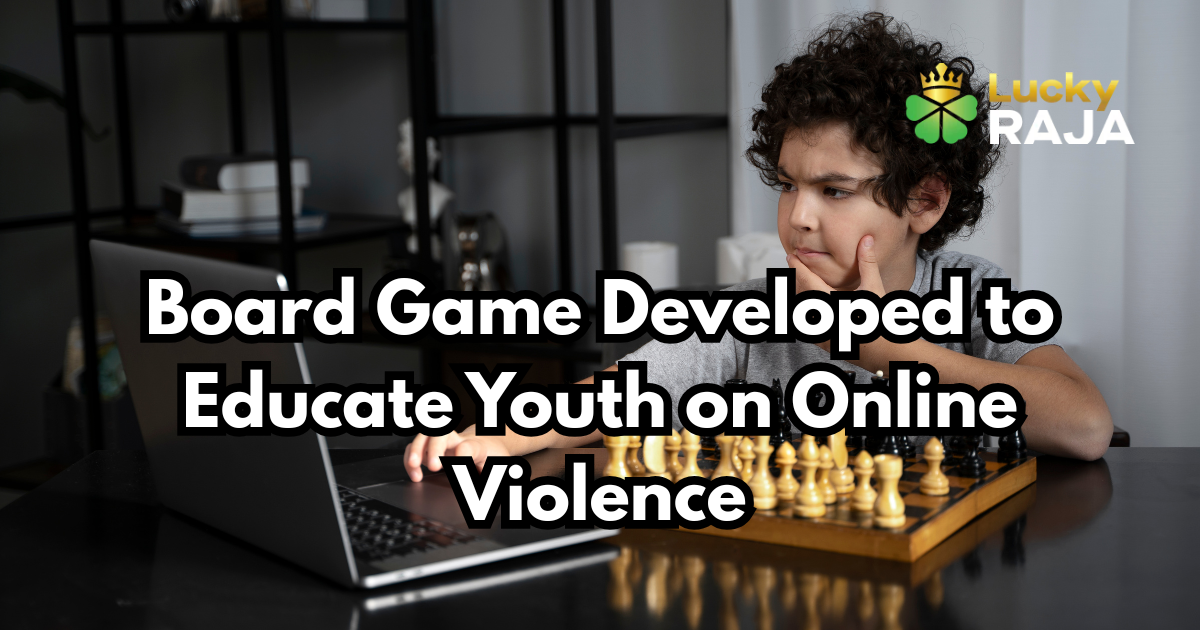A new international initiative has developed an educational board game aimed at raising awareness about online violence among young people. This innovative approach combines fun, learning, and conversation to help youth better understand the risks and realities of digital abuse, cyberbullying, and harmful online behavior.
Why a Board Game?
Researchers involved in the project chose a board game format to ensure the message could be delivered in an engaging, relatable way. While online tools and videos are common, a physical game encourages social interaction, group discussion, and reflection, making the topic of online violence easier to approach without overwhelming the participants.
Project Development Timeline
- Early 2024: The idea was proposed during a global education conference focused on youth safety.
- Mid 2024: Teams of psychologists, educators, and designers began working on the concept and game mechanics.
- Late 2024: Prototype versions were tested in schools and community centers across several countries.
- June 2025: The final version is ready for distribution through educational institutions and NGOs.
How the Game Works
The board game is designed for players aged 12 and above. Players move around the board by answering questions, facing challenges, and making decisions based on real-life digital scenarios. Topics include cyberbullying, doxxing, hate speech, social media pressure, and data privacy. The game encourages players to share opinions, challenge harmful behavior, and learn about reporting and support resources.
Key Contributors and Partners
This international research project is the result of a collaboration between youth-focused organizations, academic institutions, and child psychologists. Developers worked closely with school counselors and digital safety experts to ensure the game content is accurate, age-appropriate, and culturally sensitive. The goal is to create a resource that any school or youth group can use to spark meaningful conversations.
Impact and Future Plans
Early testing of the game has shown promising results. Students reported feeling more confident discussing difficult topics, while teachers noted increased awareness and empathy among players. The project team now plans to translate the game into multiple languages and develop a digital version for wider access.
Conclusion
In a world where online interactions are part of daily life, teaching young people how to navigate digital spaces safely is more important than ever. This board game offers a new, engaging way to talk about online violence and help youth build skills to protect themselves and others. As awareness grows, such creative tools could become essential in promoting digital well-being across communities.

















